![]()
The Mastermind, written and directed by Kelly Reichardt, is a seeming change of pace for the gifted film maker. An art heist crime caper is not her usual domain, yet here, Reichardt explores many of the themes so common in her works. Based on a real-life incident in the 1970s, this story concerns a former art student and failed architect who decides to rob a museum of four paintings in order to fence them to finance his future. Things go very sour, very quickly, as James, the “Mastermind” of the title, is shown to be anything but a genius.

Courtesy MUBI
Played here by Josh O’Connor, James is a bundle of nerves who lacks foresight, ambition and grit. He has a patrician mother that still foots the majority of his expenses, and a successful, arrogant judge for a father. His wife (Alana Haim) and kids are with him, but not truly present. In one scene, we watch him steal a small object from a case, while his family wanders around the museum, and then leave without him, except for his son who merely glances back. The distance will only grow, as his troubles mount.
As in most Reichardt films, this is not a film where any one performance will stand out, nor is it about the plot. This is a film about the feel of the thing more than anything else, and that begins with some excellent, low-key period detail. You can almost smell the polyester and shag carpets. As with many other films in her oeuvre, this one takes its time showing the details of minor tasks. Many minutes are spent watching James unpack the paintings, and many more are spent watching him relocate the items. The drudgery in these sequences is the point, because it is probably the hardest work this man has ever done in his life, and he has hardly done a thing at all except tell others what to do and drive away with the goods.
Along with Jane Campion and George Miller, Reichardt is one of the modern masters of the expanse and the use of space and place. However, here, those vistas become the cramped corners of houses and alleyways, of galleries and backseats. For as open as her other films have felt, this one has a very real claustrophobia, a sense of foreboding that presses in quite palpably on both James and the viewer.

Courtesy MUBI
The end of the film, in particular, makes great use of such aspects, and contains the films final, most shattering comment. There is a bit of Ozu, here, in a sense, or even The Crowd, in that there is a nihilistic inevitability running through the film. Unlike the characters from Ozu or Crowd, however, James is neither likeable nor sympathetic. He has pushed everyone away and lost both family and friends as a result of laziness, stupidity and greed. In seeking the easy way out, he has lost everything. This is, in a very real sense, a commentary on modern social political realities.
In a film that has perhaps the most story-focused editing of any of her work, outside of First Cow, and the most propulsive score of any of her works, courtesy of a jazz score from Rob Mazurek, the pressures of society weigh heavily on our protagonist.

Courtesy MUBI
This is a film about fear and anxiety, about gambling for nothing and achieving insignificance. It reflects the zeitgeist in ways no other film Reichardt has ever done has managed to achieve. It is one of her best and most accessible works, yet it is also very much pure Reichardt, and therefore probably not for everyone. Yet, it comes recommended.
The Mastermind opens in theaters on October 17th.



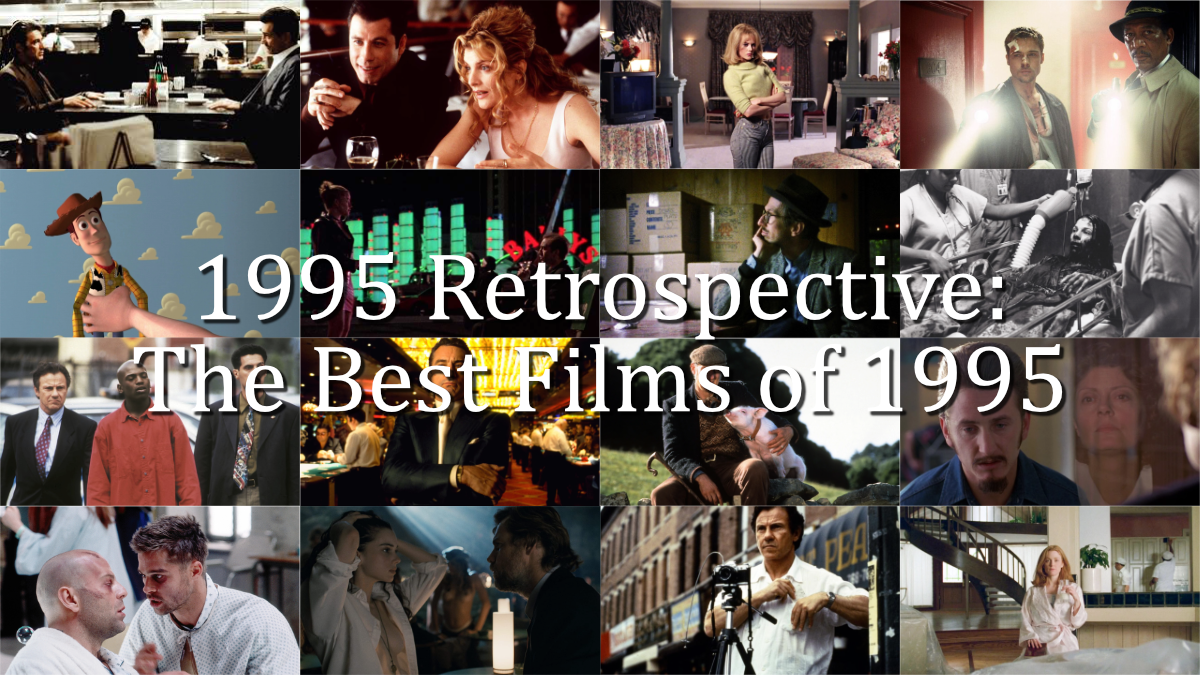
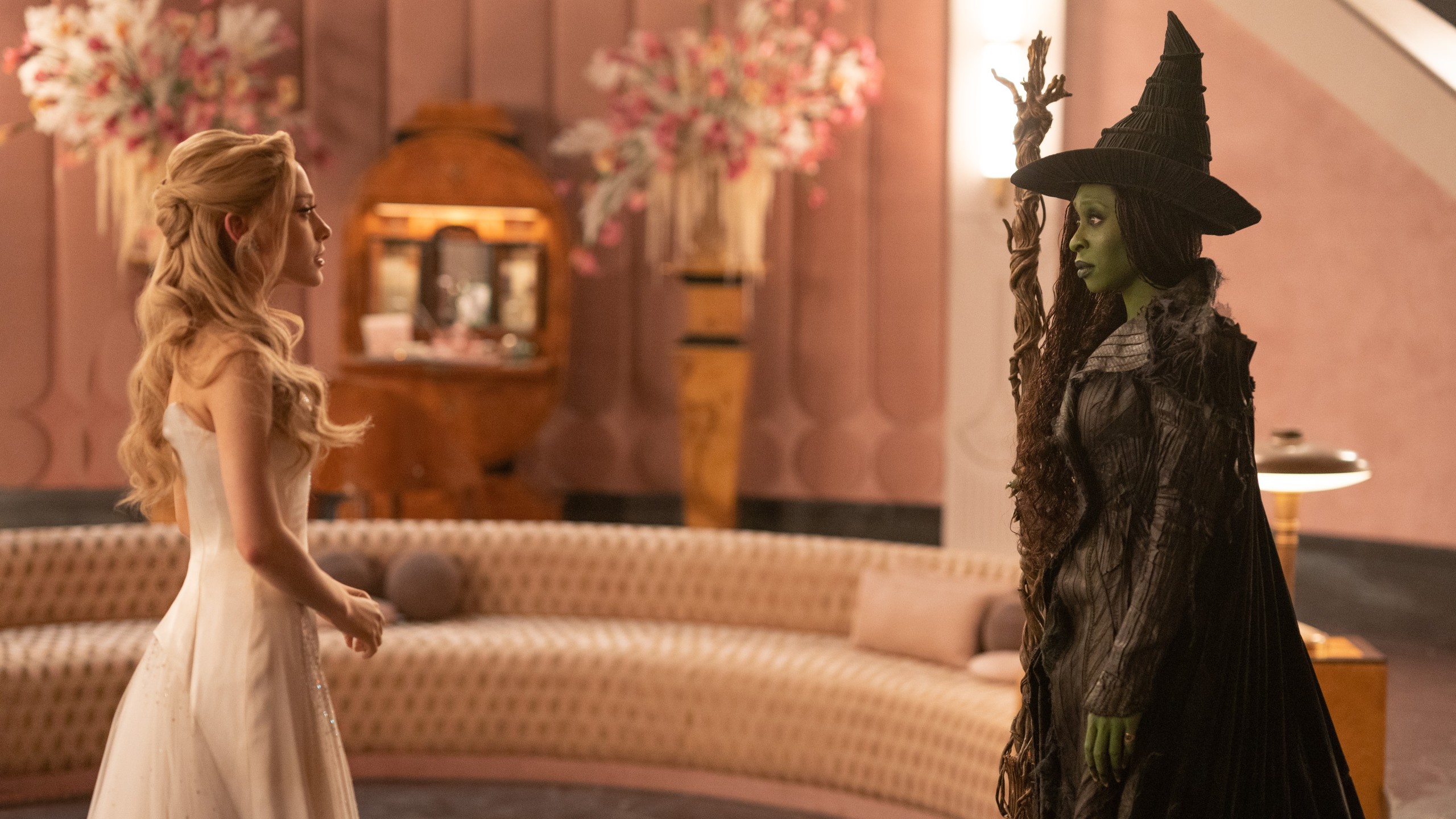
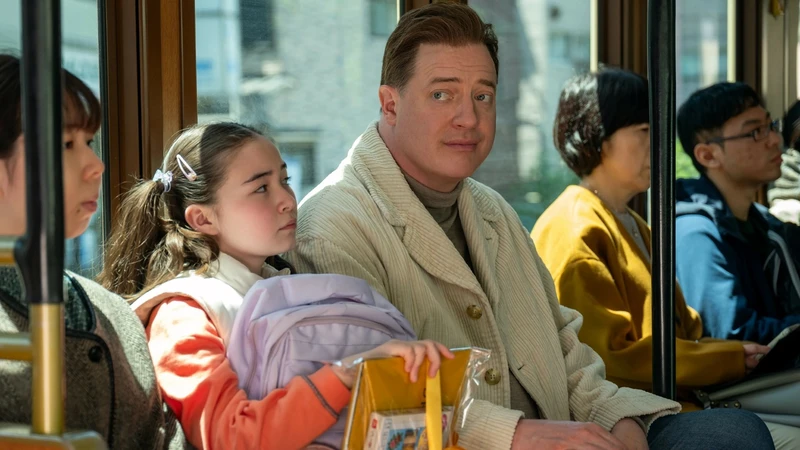
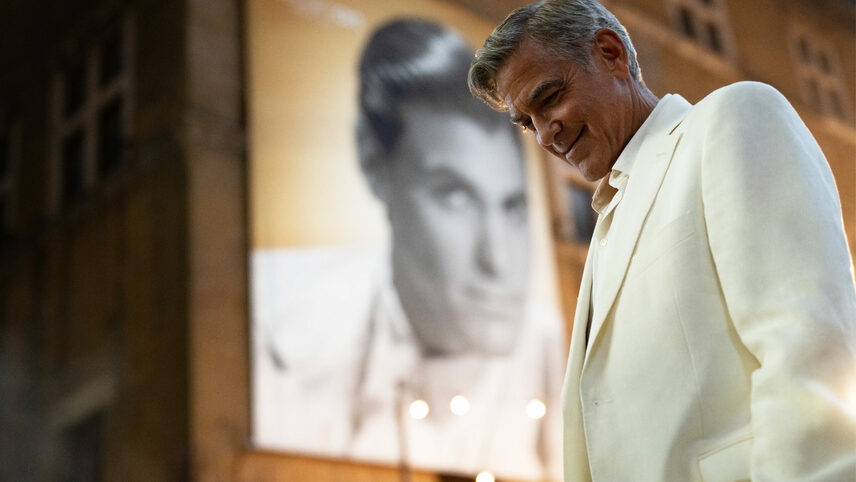
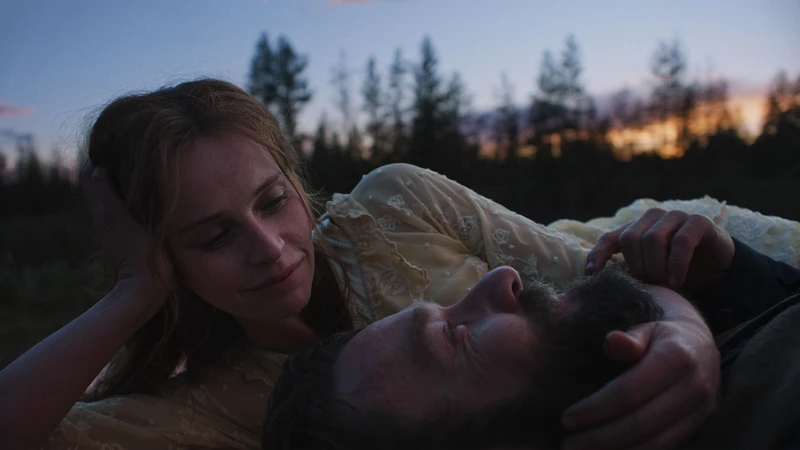
Can’t wait for this. Kelly Reichardt is one of the great masters of our time
Kelly Reichardt is a genius. I can’t wait to see this at the DIA.